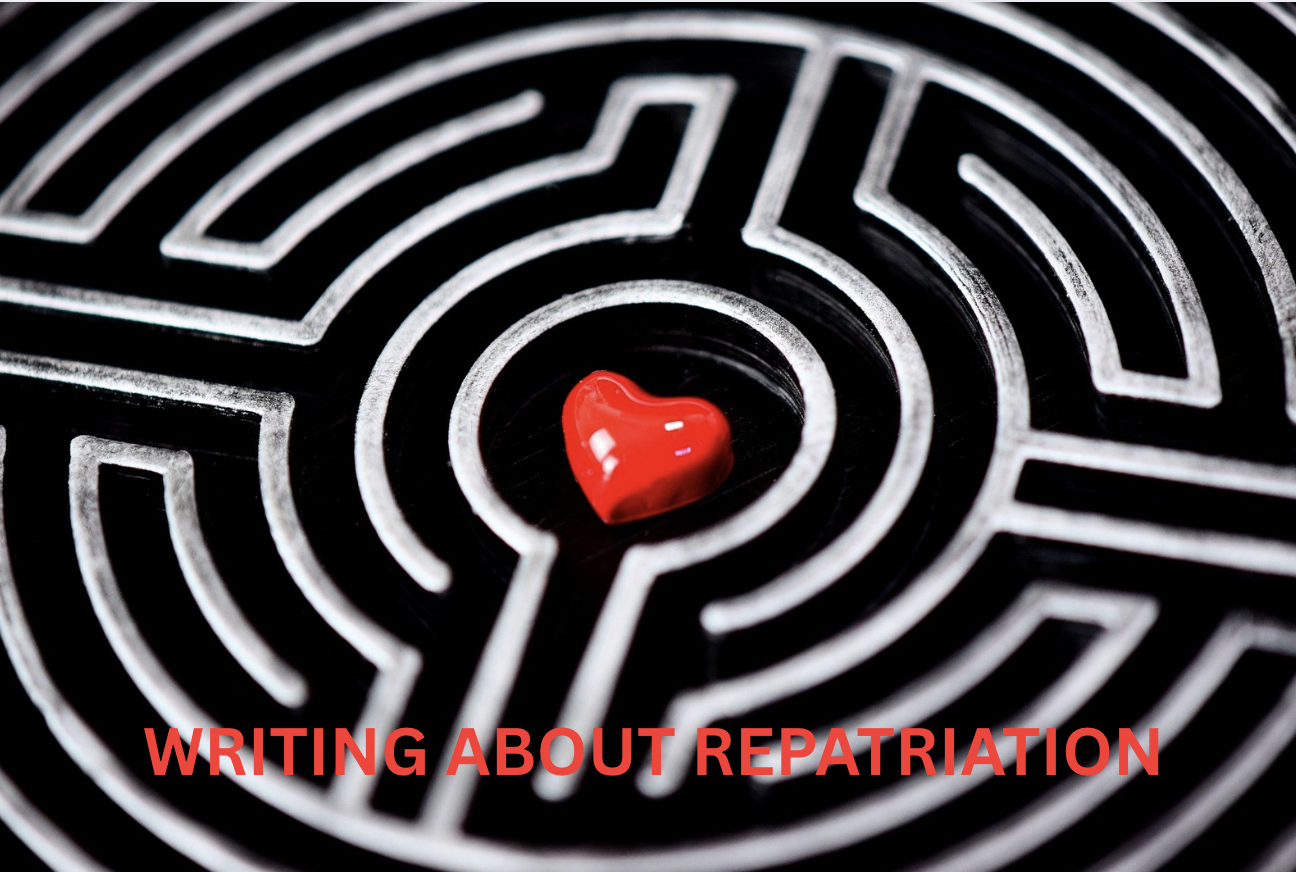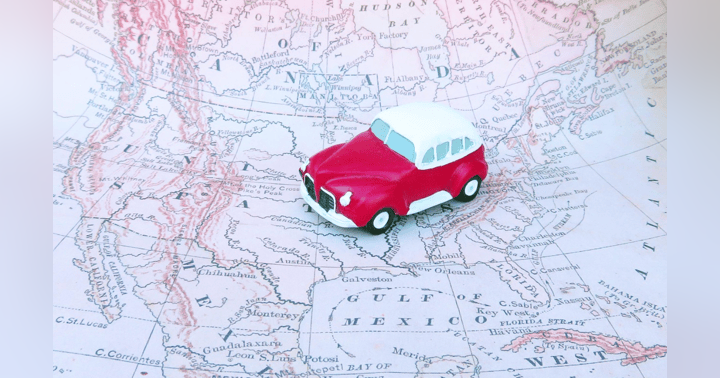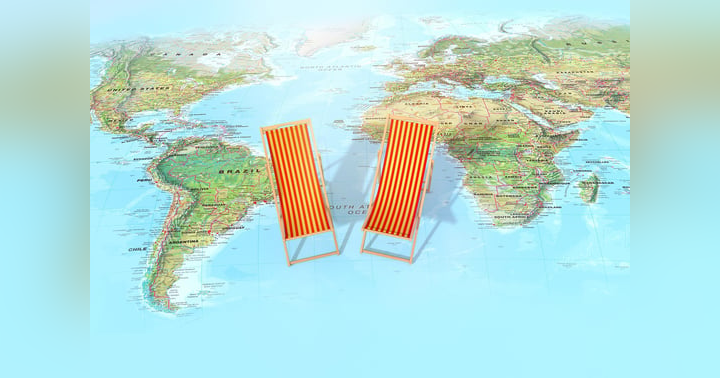Navigating the Emotional Labyrinth of Writing About Repatriation

There's a particular kind of silence that descends when you're wrestling with a creative project that keeps reopening old wounds. For months now, I've been quietly battling with my book on repatriation - Unsettled. The complex, often turbulent journey of returning "home." Today, I want to break that silence and share why this project has become both my greatest challenge and my most important work.
When Family History Becomes Your Subject Matter
Repatriation isn't just an academic interest for me—it's woven into the fabric of my family history across generations. My grandmother's story has always haunted me: her return to Scotland from Detroit in the 1930s, filled with hope for reconnection with her homeland, only to pass away shortly after arriving. What should have been a homecoming became instead an ending and as a result I never met her, I only ever heard about how she suffered from homesickness for the four years that the family lived in the USA.
My second brush up against re-entry or repatriation happened at ten years old, when I experienced displacement from another angle. My uncle returned from Burma with his Burmese wife and five cousins, which triggered our family's move from our childhood home when our relatives returned and purchased my old home. I remember the confusion of that time—watching this happen as though it was normal or average and even at ten years old I experienced this move as banishment to the provinces. Largs is a small coastal tourist town on the River Clyde, which I considered the back and beyond. I lived there until I left for University. Although it was wonderful to return home and check that my favorite banister was still a bit wobbly and loose, and to play with my cousins, it did leave an impression on me. Children always notice more than we think.
Then there was my own experience—perhaps the most painful chapter. After building a life in Dubai, my then-husband and I repatriated to Louisiana, to his family home. What followed were seven months of increasing turbulence and disconnection, ending with his departure. Looking back, I see how the stresses of repatriation amplified existing cracks in our relationship. We were both experiencing culture shock, even in places we were supposed to call "home." His version of culture shock was reverse culture-shock, which is a phenomenon that is frequently overlooked and misunderstood.
The Writer Becomes the Subject
Some days, words pour onto the page with surprising ease. I feel clarity about the psychological stages of repatriation, the hidden challenges that few discuss, and the strategies that can transform this transition from traumatic to transformative.
Other days, I find myself frozen, staring at a blank screen as memories surface with unexpected intensity. I'll begin writing about the disorientation of returning "home" only to find it changed—or to find yourself changed—and suddenly I'm back in those first bewildering weeks in Louisiana, questioning every decision.
I am fully aware of the irony. In trying to create a guidebook for others, I'm experiencing the very emotional turbulence I'm trying to document. Each chapter forces me to revisit not just my research and interviews, but also the last remnants of my own unprocessed grief and adaptation.
Why This Book Matters
And yet, this is precisely why this book needs to exist. Repatriation isn't just geographical relocation; it's psychological, emotional, and cultural realignment. The literature tends to focus on the excitement of international moves but neglects the often more challenging journey of returning.
When we repatriate, we're caught between identities. We return changed people to places that have also changed in our absence. The expectation that we should seamlessly reintegrate adds pressure to an already difficult transition. Friends and family rarely understand why we struggle—after all, we're "just coming home."
But what is home after you've lived elsewhere? Who are you when the identity you built abroad no longer quite fits?
Finding Creativity in Transition
The most surprising discovery in my research has been how many people experience profound creative awakenings during or after repatriation. That liminal space—being between identities, between cultures—can spark unexpected insights and artistic expression.
I believe this happens because repatriation forces us to consciously examine aspects of life and identity that normally operate below our awareness.When everything familiar suddenly feels strange, we see with fresh eyes. That discomfort, when channeled, becomes a powerful creative force.
Moving Forward
As I struggle to complete this manuscript, I'm reminded daily of why I started: because the stories of those navigating the complex journey "back home" deserve to be told with nuance and compassion. Because too many people suffer in silence, believing they should be happier about returning "home" than they actually are.
For anyone else working on a project that continually confronts you with your own unhealed parts: I see you. The work that challenges us most deeply is often the work the world needs most urgently.
In sharing this journey—both my personal experiences and the collective wisdom of others who have made similar transitions—I hope to create not just a book, but a companion for those feeling lost between worlds.
The manuscript may be taking longer than expected, but perhaps that's fitting for a book about transitions. After all, true integration—of experiences, of identities, of past and present—can't be rushed. I like to say change happens rapidly but transformation requires plenty of time.





